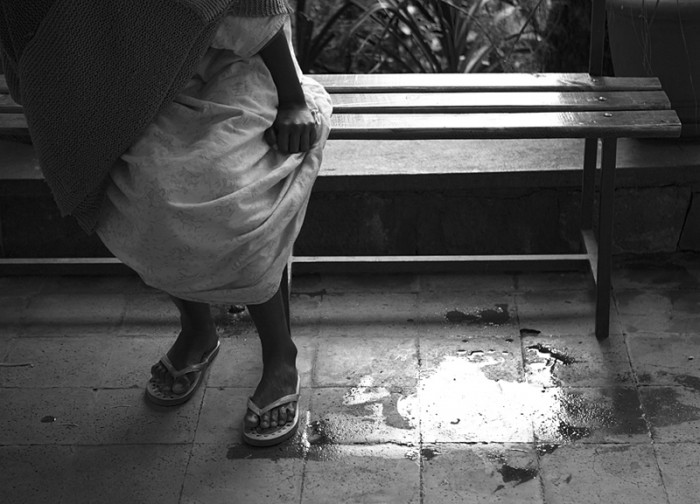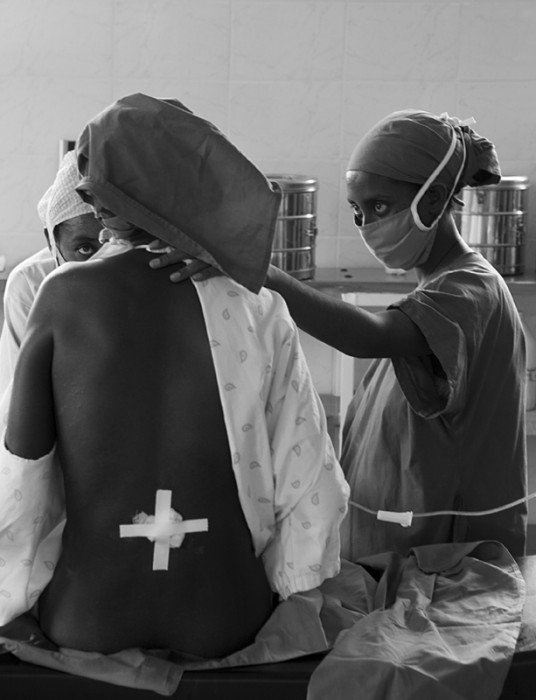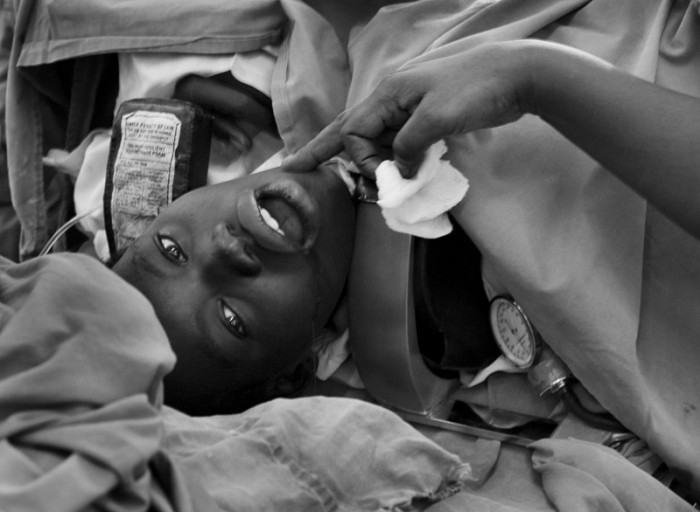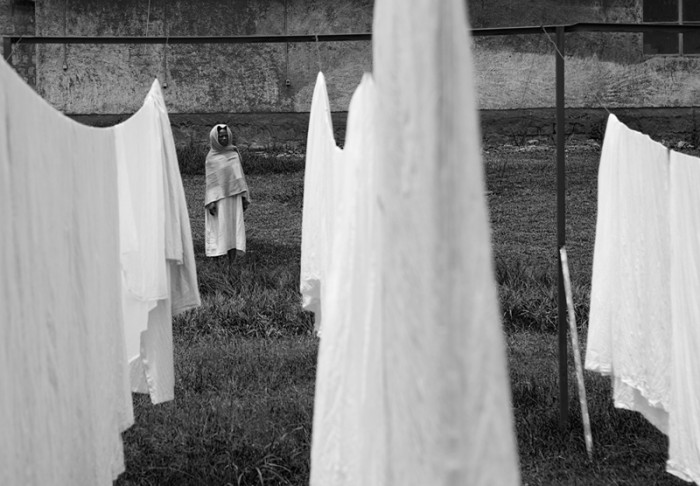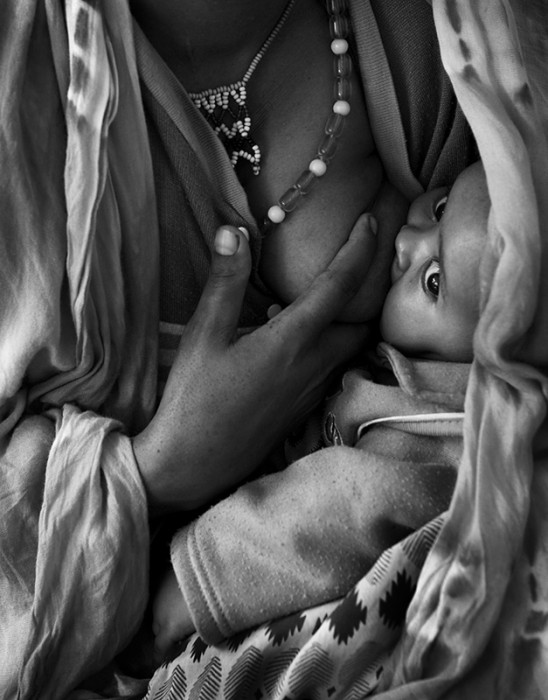This website uses cookies so that we can provide you with the best user experience possible. Cookie information is stored in your browser and performs functions such as recognising you when you return to our website and helping our team to understand which sections of the website you find most interesting and useful.
Existence of Dismissal
-
PrizeSilver in Book Proposal (Series Only)/Documentary
-
PhotographerYanina Manolova, United States
-
Website
Fistula problem is inconvenient not only for the woman with this condition, but also for her family and for the entire community, because of the smell of constantly leaking urine. Women suffering from fistula often get shunned from the village with no means for survival. Many of them go to monasteries, or choose the anonymity of homelessness in a big city, until someone tells them that there is a cure in places such as Addis Ababa Fistula Hospital in Ethiopia or some of its outreach centers in Bahr Dar, Yirgalem and Mekelle. Poor nutrition and strenuous work result in greater calorie output than their calorie intake, causing stunting of growth. The girls usually have a tiny, bony pelvis. Therefore 15% of Ethiopian women have complications during childbirth. A fistula is an abnormal communication between an inside body organ and the outside world. An Obstetric Fistula is a hole between the vagina and adjoining organs. Unrelieved, prolonged, obstructed labor, lasting from one to seven days, is the cause of this injury. The constant pressure of the baby?s bony head against the mother?s bony pelvis squishes the intra lying tissue. The reconstructive surgery at the Hamlin Fistula Hospitals replaces the lost tissue. The success rate at the Hamlin Fistula Hospitals is 83%. Approximately 10% of the women need additional procedures. Some of the women are so severely damaged and they cannot be cured. These women need ? lifelong medical support. They are sent to a farm village, called Desta Mender (Joy Village). All expenses are covered by the hospital. The International Fistula Foundation provides funding for restoring the health and dignity of women in Ethiopia suffering from fistula. The women who are completely cured have to come back to the hospital if they get pregnant again. They need a Caesarian section since a vaginal delivery will cause another fistula. After delivery and recovery, they are sent back to their home villages.
Yanina Manolova is a freelance photographer, based in Washington, DC area and a graduate student at Ohio University's School of Visual Communication.
Yanina is native from Varna, Bulgaria. Her mother was an actress and her father was a ballet instructor. Being raised in a family of art performers influenced her future life plans and her choice of career. Meeting and interacting with people from different backgrounds and vastly divergent cultures has been a passion of her ever since she finished high school and was admitted to the program for Education and Speech Pathology at Sofia University ?St. Kliment Ohridski?, Bulgaria.
In 2000 she moved to the United States, thereby providing her a venue to further advance her communication and visual skills. Initially, she signed up for the Photography degree program at Northern Virginia Community College. In 2007 she attended the National Press Photographers Association (NPPA) News Video Workshop and the Mountain Workshop in Photojournalism. In 2008, she was accepted into the Eddie Adams Workshop, Barnstorm XXI.
She has worked on different projects in Africa, Latin America, Europe and USA. Her real dedication is working on worldwide humanitarian and health care associated documentary projects.
Her work has been featured in the US Oncology News magazine, CITY magazine, World Health Organization (WHO), United Nations Population Fund (UNFPA), The Fistula Foundation, Women Photojournalists of Washington, and National Geographic (Bulgaria).
Her photos appeared at numerous exhibits and she has won several international awards and various nominations including in the Northern Short Course in Photojournalism, Southern Short Course in News Photography, NPPA 2008 Women In Photojournalism, National Geographic (Bulgaria), PX3 Prix de la Photographie (Paris) and many others.
